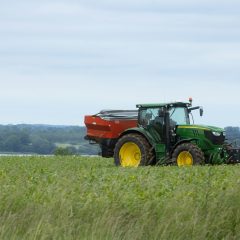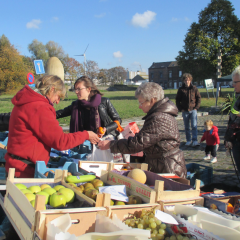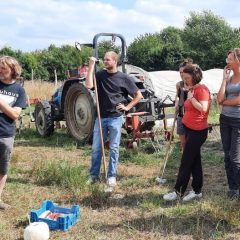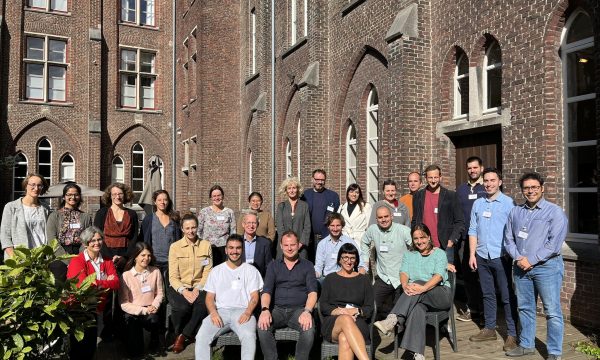Dossier Systems thinking
Our food system is facing challenges such as climate change, globalization, and market crises. The problem itself, the possible solutions, and the transition tracks are simultaneously being discussed. A renewed systems approach is necessary. Simple linear analyses are no longer sufficient.
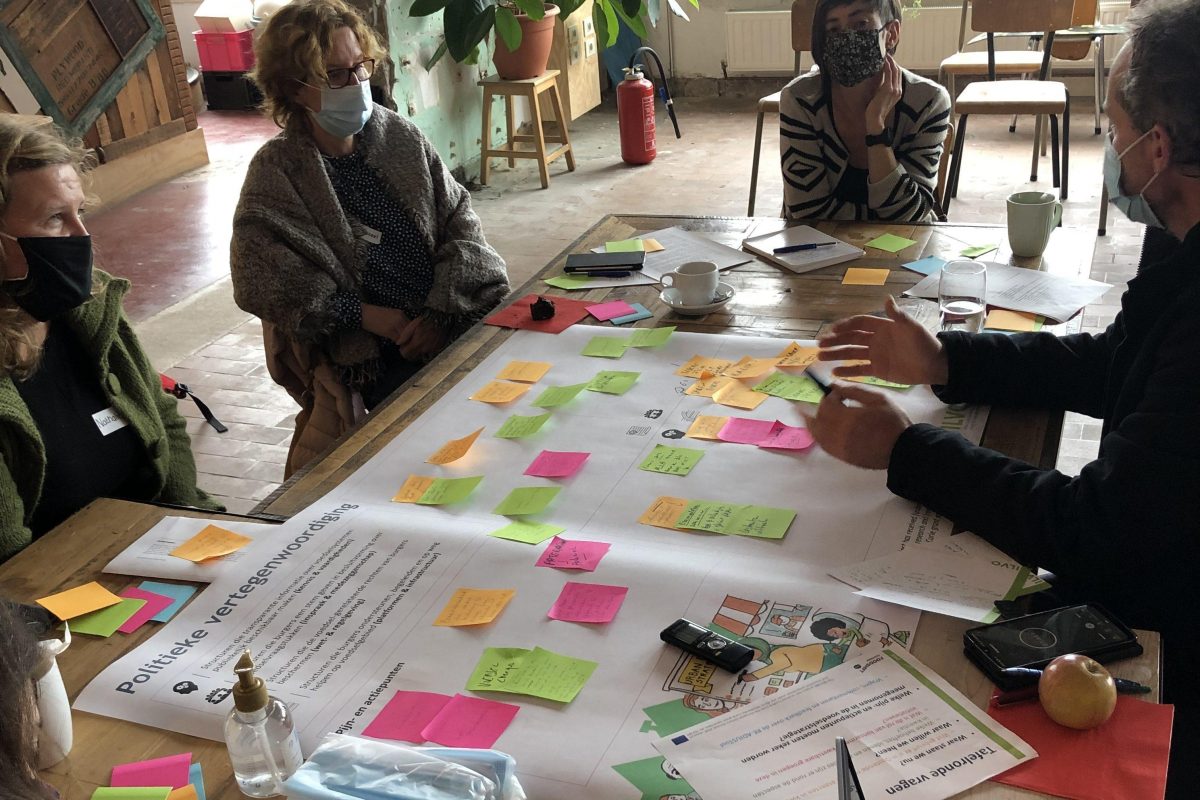
What does ILVO do?
-
 If your proposal that requires systems thinking fits in the ILVO vision, we gladly work with you to develop the required systems approach.
If your proposal that requires systems thinking fits in the ILVO vision, we gladly work with you to develop the required systems approach. -
 We offer an introductory training trajectory with the needed concepts and tools for systems thinking in all its complexity.
We offer an introductory training trajectory with the needed concepts and tools for systems thinking in all its complexity. -
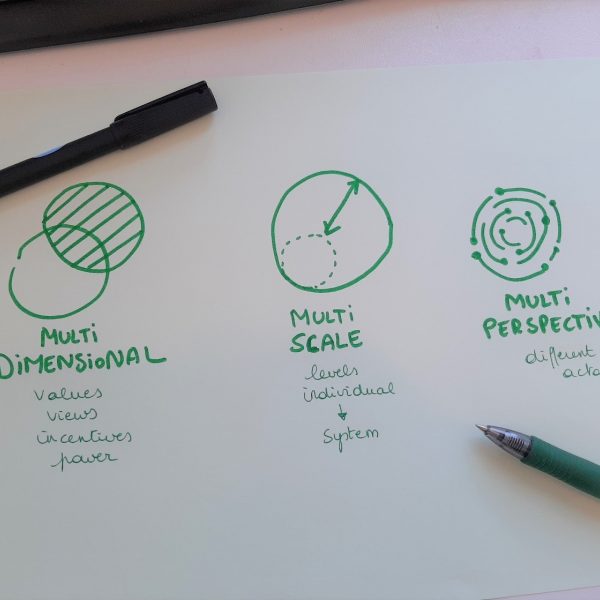 Of course we also use the systems approach in a wide range of research projects and activities..
Of course we also use the systems approach in a wide range of research projects and activities..
Systems thinking: what is it and how can we use it in our research?
Why systems thinking?
The actors in today’s food system work in a very complex reality. The problems and challenges are very complex because there is often a social discussion on 1) the problem itself, 2) the best strategy to deal with it, and 3) the implementation of the chosen strategies themselves, the transition tracks.
Example: climate change
A very clear example of this is climate change. There is quite a bit of discussion about who is responsible for which emissions and how we calculate those emissions. Secondly, what are possible solutions? Do we opt for a mitigation or adaptation strategy or do we work towards a set of solutions from both strategies? And in that case, which solutions? And if we define strategies, how are we going to implement them? Which actors should we involve in this process?
Complex interdependencies
This means we are often dealing with incomplete knowledge, as well as conflicting and often changing visions that are difficult to recognize and even more difficult to align. In addition, the effort to solve one aspect of the problem, through complex interdependencies, can reveal or create new problems.
So while technical solutions are and will remain very important, it is no longer enough to focus solely on technical research. We need to understand how processes run, how people decide, the roles that actors take on, and how new solutions can be found together with those actors. That is why we need new tools to tackle such problems, to organize interaction, and to understand each other. Systems thinking offers a set of tools for this purpose.
What is a system?
A system is a group of elements or components that are related to each other, influence each other directly or indirectly, and therefore, form a coherent whole. It is often possible to distinguish subsystems that are related to each other within large systems. Nature, a society, an ecosystem, the human body, a business or organization, and a family can all be viewed as a system. Systems often have a specific function or purpose, even if this is not always visible. Systems organize themselves, are by no means linear, have internal feedback mechanisms, and are complex and unpredictable.
What is systems thinking?
When we start using systems thinking, we try to map out a specific system and its subsystems. We look for relationships between the subsystems and for feedback loops. We learn to think cyclically and see the bigger picture. What is very crucial in systems thinking is that we try to take the various perspectives, visions, and opinions into account when working on understanding the problem, searching for strategies or solutions, and implementing actions.
Relevance of different perspectives?
How we think influences what we see. Everyone has their own way of looking at the world around them. What one sees and how one deals with that information and what one finds important is determined by one’s background, religion, experiences, circle of friends, studies, and by the culture in which one lives or grew up. This is how a frame of reference is created; one especially sees the things that connect to one’s own world. We have difficulty seeing things for which we have no frame of reference.
Many discussions or conflicts arise precisely because everyone searches for the truth within their own worldview or frame of reference. However, there are many more ways to look at reality than we might suspect at first sight. That’s why – in a complex world – it’s necessary to rely more on the experiences of the different worldviews. The challenge lies in learning to see diversity as an enrichment.
Sustainable development requires thinking about bigger links, working together, and being willing to re-examine things and perceive the existing systems. This can best be done by looking at sustainability issues from as many perspectives as possible. Systems thinking is therefore a particularly useful tool for issues such as these.
Contact an expert

Research projects

